5 Health Benefits Of Crab, Nutrition, And Popular Recipes
These hard-shelled crustaceans not only taste good but help improve overall health, too.
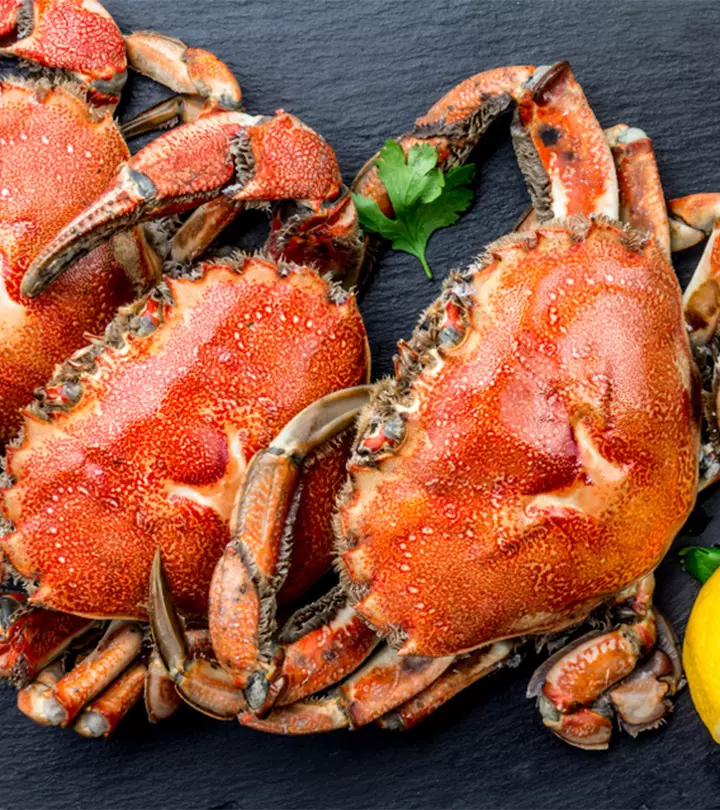
Image: Shutterstock
Crab is a juicy, tender seafood with a rich nutritional profile. This edible marine species is popular among Southeast Asian dishes. The benefits of crabs are plenty, including their ability to improve bone health, reduce the risk of cardiovascular disease, lower Alzheimer’s diseasei A mental condition that gradually impairs memory, thinking, and, ultimately, the capacity to do even the most basic tasks. risk, and enhance vision health. Here, we explore the health benefits of crab, its nutrition, and some of its potential downsides. Keep reading.
 Know Your Ingredient: Crab
Know Your Ingredient: CrabWhat Is It?
A crustacean with a hard shell whose meat is used in various dishes worldwide.
What Are Its Benefits?
Crab meat is rich in minerals that improve bone health. It contains omega-3 fatty acids that may help with heart health, as well as mental and cognitive functioning.
Who Can Consume It?
It is safe for consumption for all unless they suffer from shellfish allergy.
How Often?
It is nutritious and a lean meat that can be a part of a healthy diet plan.
Caution
People with seafood allergies should avoid crab meat entirely, and heart and hypertensive patients should avoid overconsumption.
In This Article
What Are Crabs?
Crabs are terrestrial and aquatic creatures that are most commonly found in coastal regions. Similar to lobsters and crayfish, crabs are crustaceans that belong to the arthropodi A type of animal with a body divided into sections, no spine, hard outer skin, and joined-together legs. family. They have a hard outer shell that is made up of a protein called chiton and have four pairs of legs with two large claws. Male crabs are larger and meatier than female crabs. It is estimated that there are about 4500 species of crabs that can be found in both freshwater and saltwater. Blue crabs, king crab, and snow crab are some of the most commonly consumed varieties of crabs.
Crabs, along with various other types of seafood, are widely favored as a dietary option. Data derived from the National Health and Nutrition Examination Survey reveals that in the years 2013-2016, approximately 20.1% of adults consumed seafood at least twice a week. However, it is noteworthy that the percentage of adults and young individuals who adhered to this dietary pattern of consuming seafood at least twice a week has shown a decline from 2005-2006 through 2015-2016.
 Trivia
TriviaLet us take a look at the nutrients of crab meat in the next section.
Key Takeaways
- Crab is a delicious, delicate seafood high in vitamins and minerals and low in carbohydrates, making it an excellent addition to any low-carb diet.
- Crabs in your diet can promote bone health, reduce the risk of cardiovascular disease, lower the chance of Alzheimer’s disease, aid in weight loss, and improve vision health.
- While crab meat offers some possible health benefits, it also has some drawbacks, such as it triggers cardiovascular issues and strokes, being expensive, and being difficult to consume.
Nutritional Information
Crab meat is packed with vitamins and minerals such as calcium, magnesium, potassium, and selenium (1). Selenium is important for the immune system and metabolism, potassium helps control blood pressure, while calcium and magnesium make your bones strong (2), (3), (4).
Crab Meat Nutritional Values Per 100g
| Name | Amount | Values |
|---|---|---|
| Energy | 97 | kcal |
| Protein | 19.4 | g |
| Total Fat | 1.54 | g |
| Carbohydrates | 0 | g |
| Dietary Fiber | 0 | g |
| Calcium | 59 | mg |
| Iron | 0.76 | mg |
| Cholesterol | 53 | mg |
| Magnesium | 63 | mg |
| Phosphorous | 280 | mg |
| Potassium | 262 | mg |
| Sodium | 1070 | mg |
| Zinc | 7.62 | mg |
| Selenium | 40 | μg |
| Vitamin C | 7.6 | mg |
| Thiamin | 0.053 | mg |
| Riboflavin | 0.005 | mg |
| Niacin | 1.34 | mg |
| Vitamin B6 | 0.18 | mg |
| Totale Folate | 51 | μg |
From the above table, you can say that crab meat definitely packs a punch in the nutrition department. All of the minerals have numerous health benefits that will be discussed in the next section.
Health Benefits Of Crab Meat
Crab meat contains valuable nutrients like protein that is essential for building muscle (1). It is also rich in selenium and folate that are good for your health. If you are wondering, is crab meat healthy, the answer is, yes! Here are a few potential health benefits of crab meat in greater detail.
- Improves Bone Health

Crab meat is rich in calcium and phosphorus that are essential for the formation and strengthening of bones. Studies suggest that consuming seafood like crab may help in reducing calcium deficiency (5), (6).
- May Help Reduce The Risk Of Heart Diseases
Crab meat contains considerable amounts of omega-3 fatty acids that can promote heart health by reducing the risk of heart diseases.
It may also help in preventing obesity. Research shows that consuming food that is rich in omega-3 fatty acids helps reduce LDL cholesterol and lowers the risk of heart issues (5).
- May Help Prevent Alzheimer’s Disease And Dementia
Seafood like crab meat contains long-chain omega-3 fatty acids and plasma fatty acids.
Small studies suggest that eating seafood like crab may have a positive effect in reducing the risk of dementia and Alzheimer’s disease (7). Further research is required to establish its effectiveness.
- May Help Improve Eyesight, Reduce Inflammation, And Prevent Arthritis
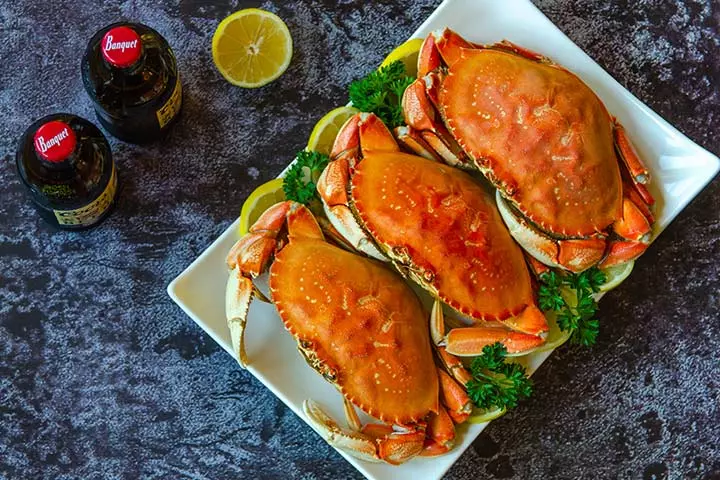
Studies suggest that muscles and ovaries of certain crab species may help in improving eyesight and reduce inflammation. The presence of long-chain polyunsaturated fatty acids in crab meat may help with inflammation and improve eyesight. It may also help prevent arthritis and other autoimmune diseasesi It is the condition in which your immune system attacks your body, leading to weariness, skin issues, and swollen glands. . Studies also suggest that a diet that is low in long-chain polyunsaturated fatty acids may lead to neurological issues (8).
- May Help In Weight Management

Crab meat also contains omega-3 fatty acids. Studies suggest that eating food rich in omega-3 fatty acids may help in curbing appetite (9). Crab meat contains zero carbs, you can add it to your low-carb diet to help weight loss (1).
Crab meat as a delicacy is extremely popular across the world. Its great taste and potential health benefits make it a great culinary delight.
While crab meat has certain potential health benefits, it also has a few downsides. In the next section, let us look at some of the possible risks associated with crab meat.
Potential Downsides Of Eating Crab Meat
There is limited research available with regards to the downsides of eating crab meat. However, here are some of them that are backed up by studies.
- High In Sodium And Cholesterol
Crab meat is high in sodium and cholesterol. It has about 1070 mg of sodium and 53 mg of cholesterol per 100g, which is quite a lot. If you are hypertensive or a heart patient, it is advisable to avoid frequent consumption of crab meat and other food that is high in sodium. High sodium levels in your diet can raise your blood pressure levels that can become a factor for cardiovascular issues and stroke (1), (10).
- Affordability
Crab meat is definitely not cheap! In the USA, 1lb of canned crab meat can range anywhere from $53 – $150. In comparison to chicken and other meats, the meat-to-price ratio of crab meat may seem to be expensive.
- Difficult To Eat
For someone new to crab meat, eating an unshelled crab may seem like a challenge. You will require a cracker or splitter that will help crack the shell and the claws to eat the meat. You would also have to apply the correct amount of pressure on the right joints of the claw to extract the meat. It can be quite time-consuming to eat a crab. If you’ve starved yourself in anticipation of a nice crab claw dinner, you might just end up feeling a whole lot crabbier.
Having understood the potential benefits and side effects of eating crab meat, it’s time to whip some culinary delights.
Popular Recipes Using Crab
Is the thought of juicy and succulent crab meat stirring up your appetite? Well, you may just want to hold on to that a wee bit longer. Here is a simple recipe for delicious butter garlic crabs:
Butter Garlic Crabs
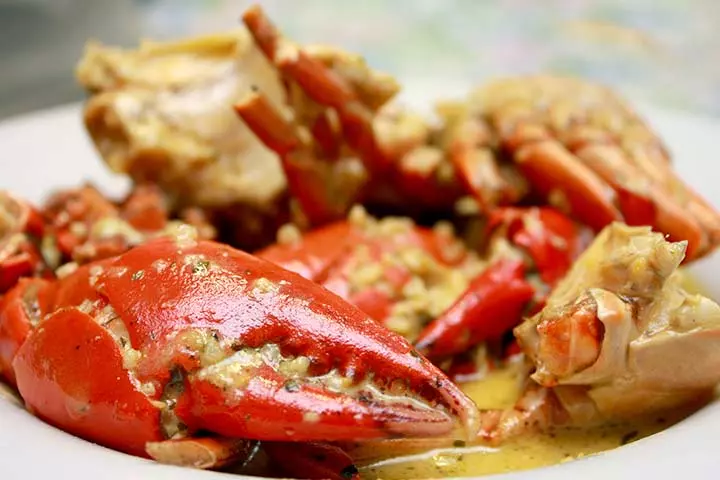
Prep Time: 10 minutes
Cook Time: 20 minutes
Ingredients Required
- 250 g crab meat
- 1 whole pod of garlic finely chopped
- 2-3 green chilies chopped
- 2-3 tablespoons of butter
- 1 tablespoon olive oil
- salt to taste
- ½ cup of water
Preparation
- In a pan, heat olive oil and butter.
- Add the garlic and sauté till it turns golden yellow.
- Add the green chilies and cook for 15-20 seconds.
- Add the crab meat and salt as per taste. Stir lightly.
- Add some water and cover the pan with a lid and simmer for 5-7 minutes.
- Serve hot and enjoy!
Here is another easy crab soup recipe that you can make.
Crab Soup
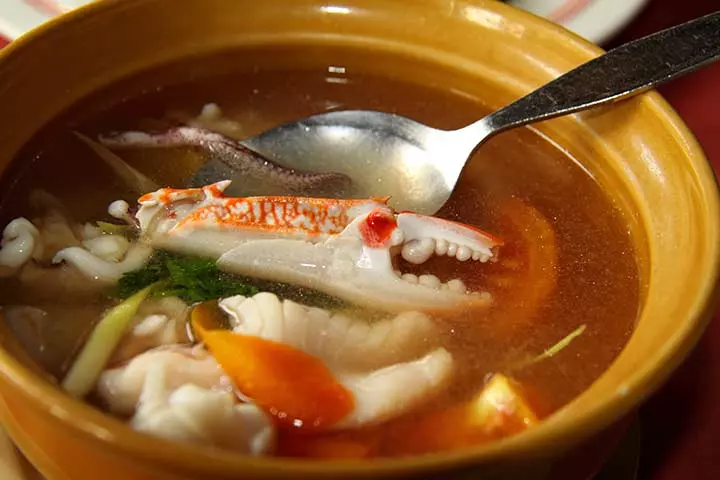
Preparation time: 10 minutes
Cooking time: 15 minutes
Ingredients Required
- 200 g crab meat
- 2 cups of milk
- 2 cups heavy cream
- 6 tablespoons butter
- Salt & pepper for garnish
- 100 ml dry sherry
Preparation
- Melt the butter in a heavy bottom saucepan or stockpot.
- Add crab meat, heavy cream, and milk. Bring it to a boil on medium heat.
- Once boiled, simmer for 20 minutes.
- Remove the vessel from heat and add dry sherry and stir it in.
- Add salt and pepper as per taste and enjoy.
Crab Stuffed Mushrooms
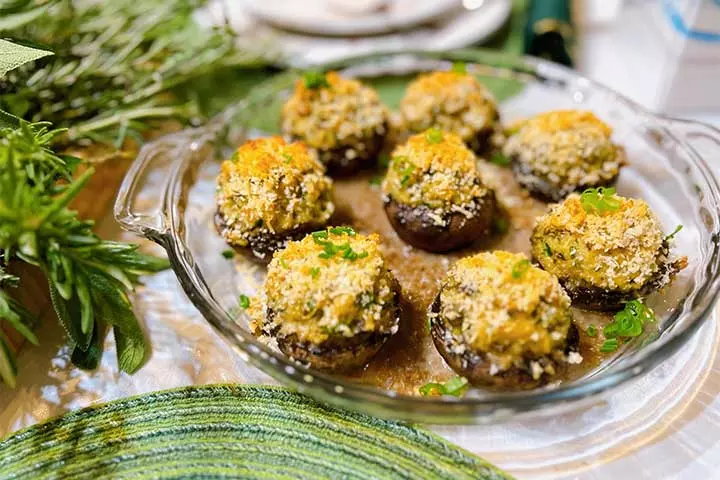
Preparation time: 25 minutes
Cooking time: 15 minutes
Ingredients
- 7 ounces of crab meat
- 1 pound of fresh mushrooms
- ¼ teaspoon of oregano
- ¼ cup of grated parmesan cheese
- ¼ teaspoon of dried thyme
- ¼ teaspoon of ground savory
- 1/3 cup of mayonnaise
- ¼ teaspoon of paprika
- Ground black pepper to taste
Process
- Preheat the oven to 350 degrees F.
- Mix the crabmeat, thyme, oregano, parmesan, mayonnaise, savory, and pepper in a medium bowl.
- Clean the mushrooms with a damp towel and remove stems.
- Fill the mushroom caps with the crab mixture.
- Sprinkle the tops with parmesan and paprika.
- Bake the mushrooms for about 15 minutes and serve hot.
 Trivia
TriviaThese recipes are sure to leave you smacking your lips and licking your fingers.
Tisha, a photographer and blogger, shared how she likes to relish crab. She writes, “Crack into a crab claw, suck out the mingled juices of the crab and coconut milk. Dig into the sweet flesh of the crab’s body, coated with the dark flavor of roasted coconut, chile, and coriander (i).”
Infographic: Health Benefits Of Crab Meat
Crab is known for its tender texture. It is rich in nutrients that are responsible for the health benefits it offers. Including crab as a part of the diet is believed to promote overall health.
The following infographic provides information about the major benefits of crab. Check it out!’ Illustration: StyleCraze Design Team
Crab is a delicious, juicy low-fat seafood with a rich nutritional profile. It contains many essential minerals like selenium and folate. The benefits of crabs are numerous. The intake of crab meat may improve bone health, help reduce the risk of cardiovascular disease, reduce the risk of Alzheimer’s disease and dementia, improve eyesight, enhance brain function, decrease inflammation, and help in weight management. However, there are some potential downsides to eating crabs. As crabs are high in sodium and cholesterol, increased intake may spike blood pressure. Hence, consume crabs in moderation to enjoy their benefits.
Frequently Asked Questions
Is crab healthier than fish?
Crab meat and fish (like salmon, one of the healthiest fishes) are equally nutritious. While crab meat is richer in vitamins and minerals with fewer calories, salmon is a better choice for omega fatty acids (1), (11).
Can I eat crab every day?
Possibly. While there is no standardized recommended daily intake for crab meat, you can eat it in moderation daily.
Is crab good for the liver?
There is no scientific evidence that consuming crab meat is good for the liver.
Does crab make you sleepy?
Seafood like crab meat is a good source of omega‐3 polyunsaturated fatty acids and vitamin D, which have been reported to be related to sleep quality (12).
Which crab is best to eat?
Generally, a firm, succulent, slightly sweet crab that has long legs so it’s easy to eat is preferred. Crystal crab, blue crab, snow crab, and king crab are some of the best crabs to eat.
Is crab good for fertility?
Possibly. Crab meat is a good source of omega fatty acids, which may help boost sexual activity. A research study has shown that consumption of seafood a couple of times a week may help couples improve their fertility (13).
Can diabetic people eat crab?
Yes. Diabetic patients can consume crab meat in moderation safely. It is nutrient-dense and low in sugar and carbs, so it benefits your overall health (1).
Illustration: Health Benefits Of Crab Nutrition And Popular Recipes
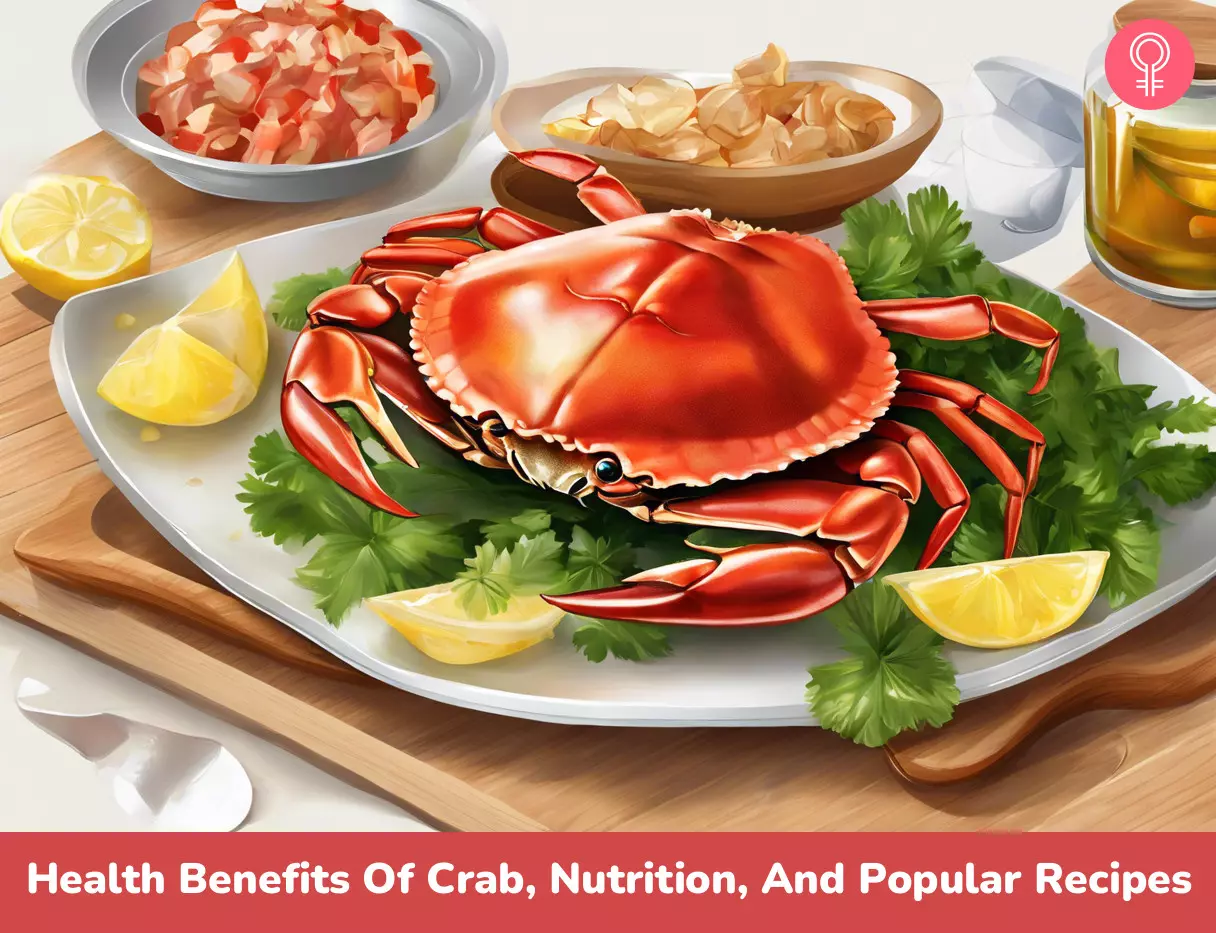
Image: Stable Diffusion/StyleCraze Design Team
Personal Experience: Source
StyleCraze's articles are interwoven with authentic personal narratives that provide depth and resonance to our content. Below are the sources of the personal accounts referenced in this article.
i. The Taste of Homehttps://riceandspice.wordpress.com/2008/05/26/the-taste-of-home/
References
Articles on StyleCraze are backed by verified information from peer-reviewed and academic research papers, reputed organizations, research institutions, and medical associations to ensure accuracy and relevance. Read our editorial policy to learn more.
- Crustaceans, Crab, Alaska King, Cooked, Moist Heat
https://fdc.nal.usda.gov/fdc-app.html#/food-details/174202/nutrients - Selenium Deficiency
https://www.ncbi.nlm.nih.gov/books/NBK482260/ - Potassium and Health
https://pmc.ncbi.nlm.nih.gov/articles/PMC3650509/ - Determinants of Bone Health
https://www.ncbi.nlm.nih.gov/books/NBK45503/ - Nutrient and Energy Composition of Flesh, Limbs and Carapace of Callinectes Amnicola (Blue Crab) from Great Kwa River, South East Nigeria
https://www.interesjournals.org/articles/nutrient-and-energy-composition-of-flesh-limbs-and-carapace-of-callinectes-amnicola-blue-crab-from-great-kwa-river-south.pdf - Nutritional Properties of Crab (Potamon potamios Olivier, 1804) In The Lake of Eǧirdir (Turkey)
https://www.researchgate.net/publication/287707569_Nutritional_properties_of_crab_Potamon_potamios_Olivier_1804_in_the_Lake_of_Egirdir_Turkey - Consumption of Fish and Alzheimer’s Disease
https://www.researchgate.net/publication/257790946_Consumption_of_fish_and_Alzheimer\’s_Disease - Chemical Composition, Nutritional Value, and Safety of Cooked Female Chaceon Maritae from Namibe (Angola)
https://www.ncbi.nlm.nih.gov/labs/pmc/articles/PMC6678160/ - A Diet Rich in Long Chain Omega-3 Fatty Acids Modulates Satiety in Overweight and Obese Volunteers During Weight Loss
https://www.researchgate.net/publication/5249640_A_diet_rich_in_long_chain_omega-3_fatty_acids_modulates_satiety_in_overweight_and_obese_volunteers_during_weight_loss - Salt intake, stroke, and cardiovascular disease: meta-analysis of prospective studies
https://pubmed.ncbi.nlm.nih.gov/19934192/ - Shrimp
https://fdc.nal.usda.gov/fdc-app.html#/food-details/452111/nutrients - Salmon
https://fdc.nal.usda.gov/fdc-app.html#/food-details/1028841/nutrients - Diet quality, consumption of seafood and eggs are associated with sleep quality among Chinese urban adults: A cross‐sectional study in eight cities of China
https://www.ncbi.nlm.nih.gov/pmc/articles/PMC6593378/ - Seafood Intake, Sexual Activity, and Time to Pregnancy
https://www.ncbi.nlm.nih.gov/pmc/articles/PMC6276709/
Read full bio of Raelene Soler
Read full bio of Varsha Patnaik
Read full bio of Ravi Teja Tadimalla
Read full bio of Payal Karnik





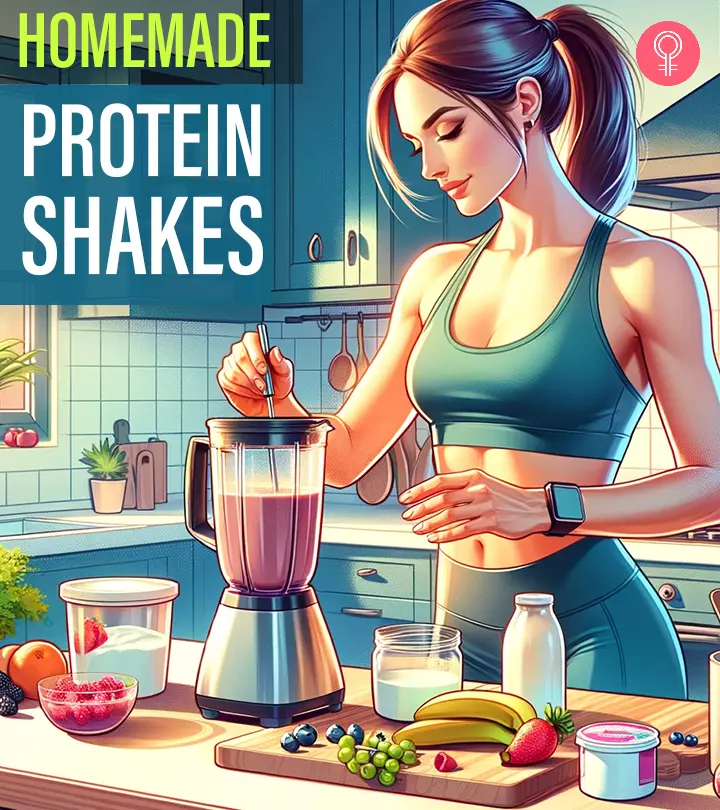

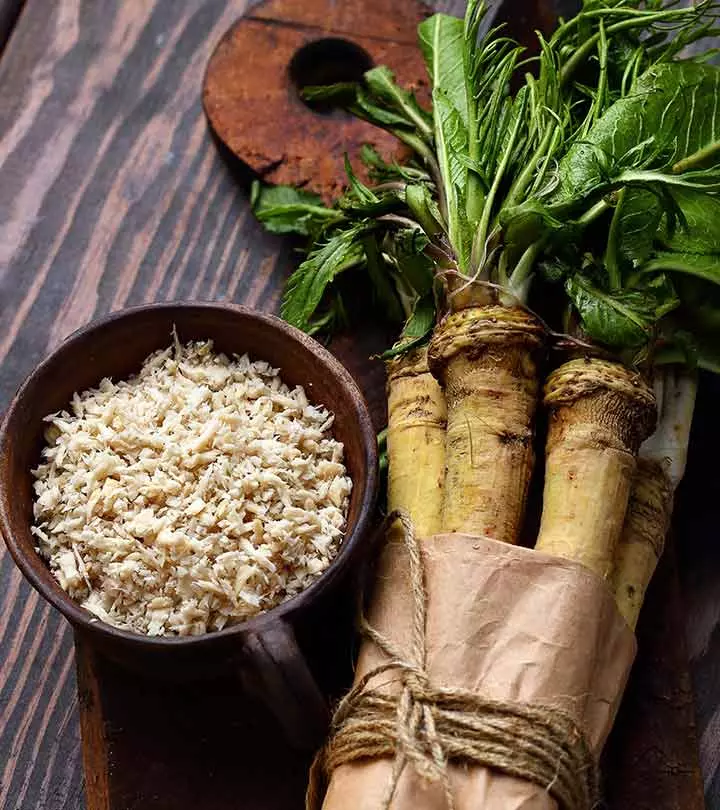
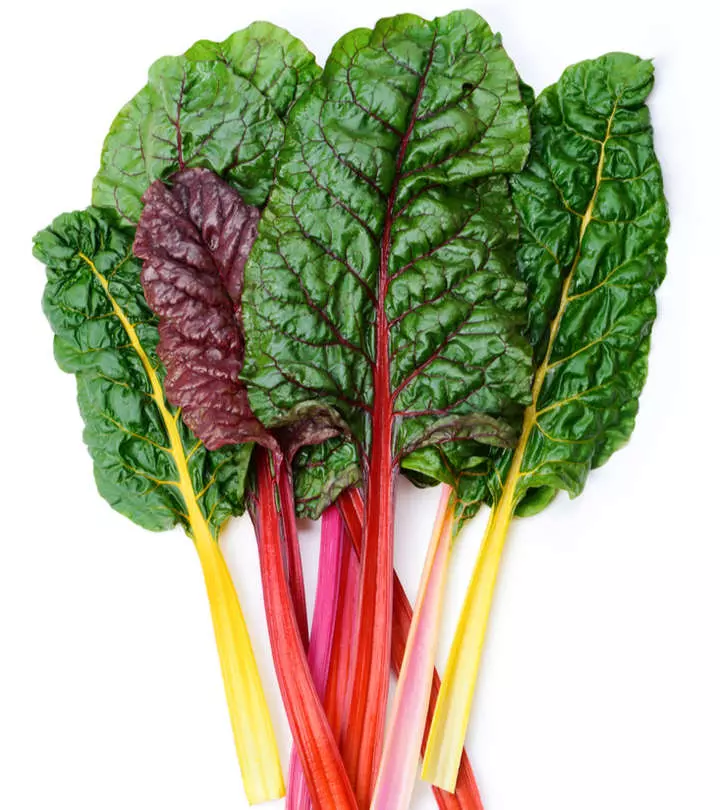
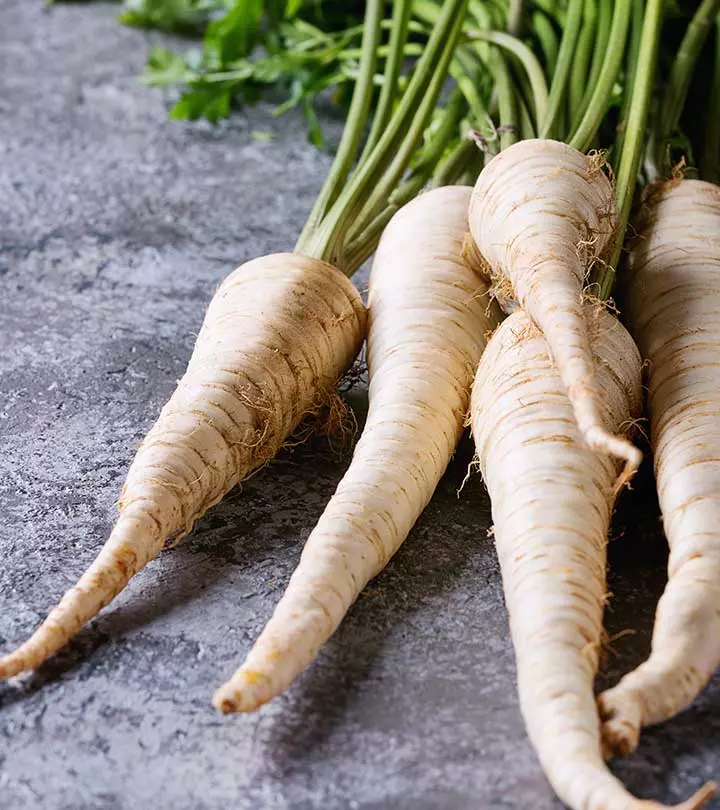
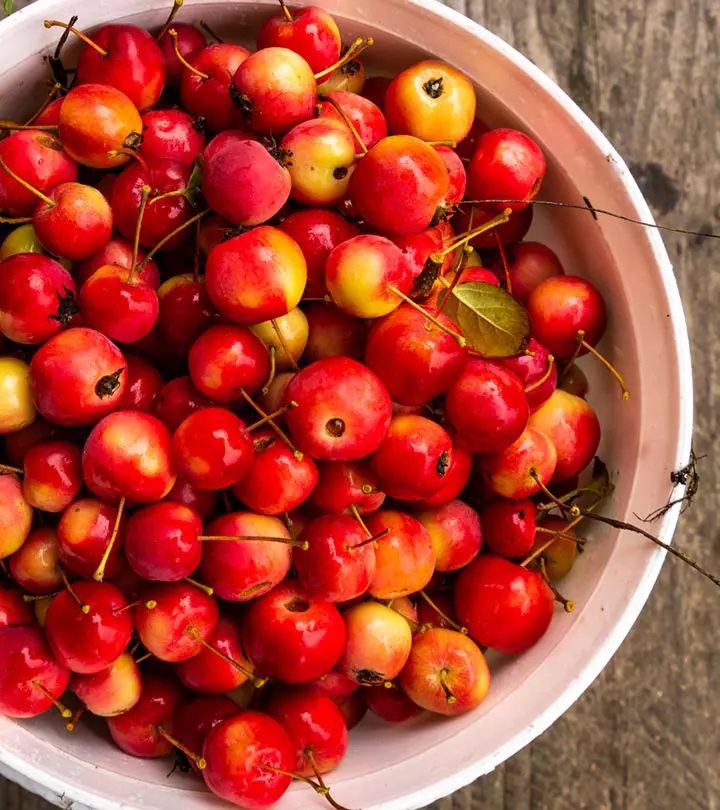
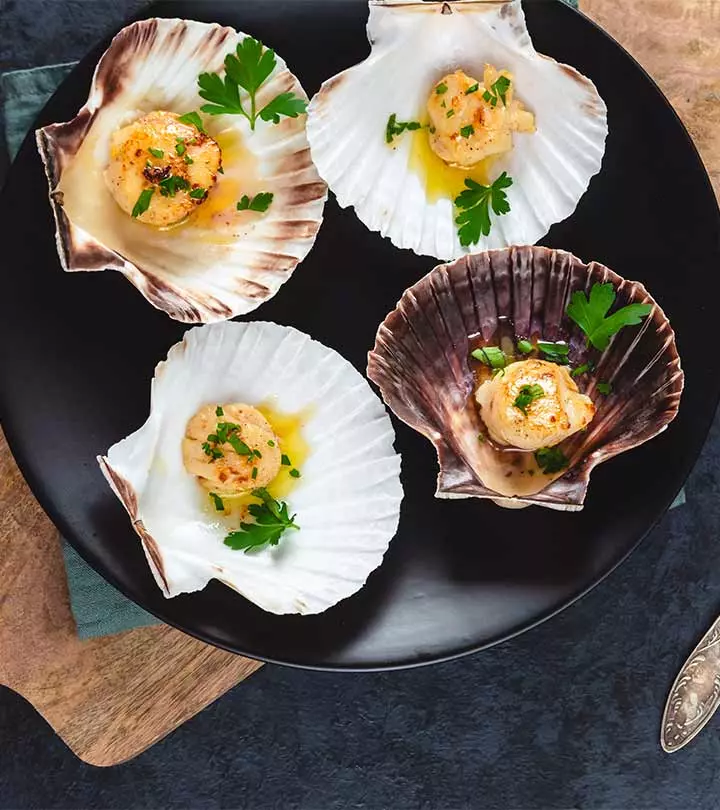
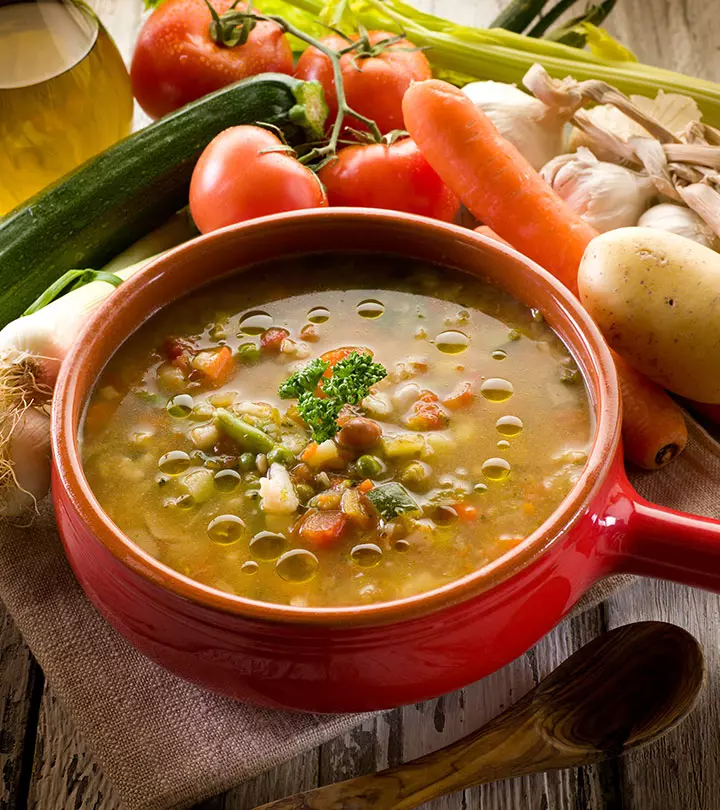
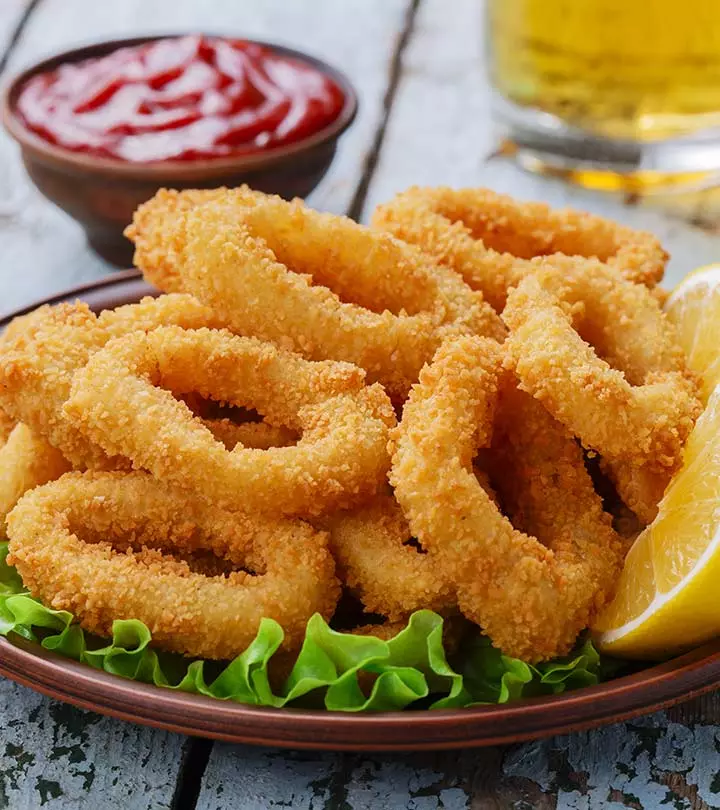



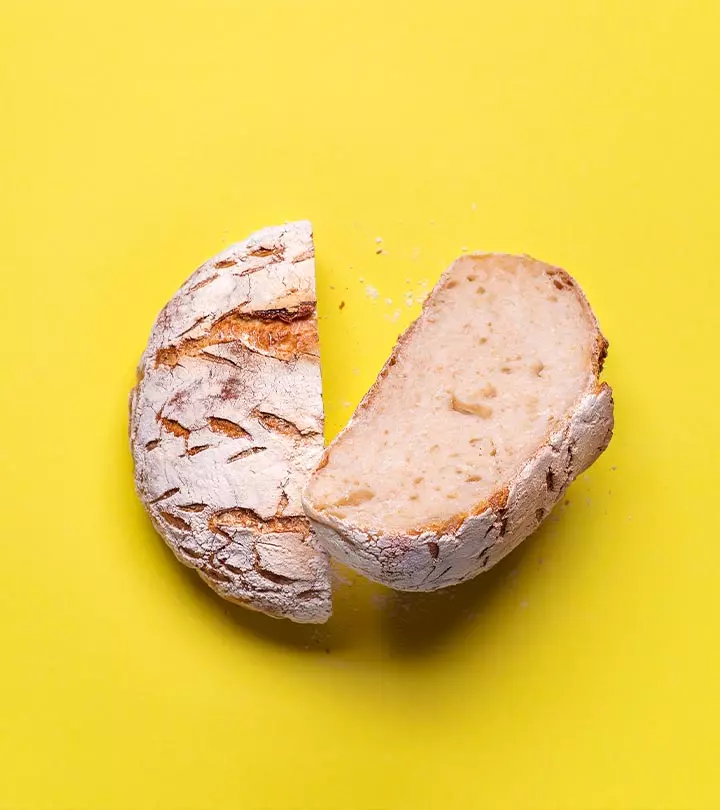
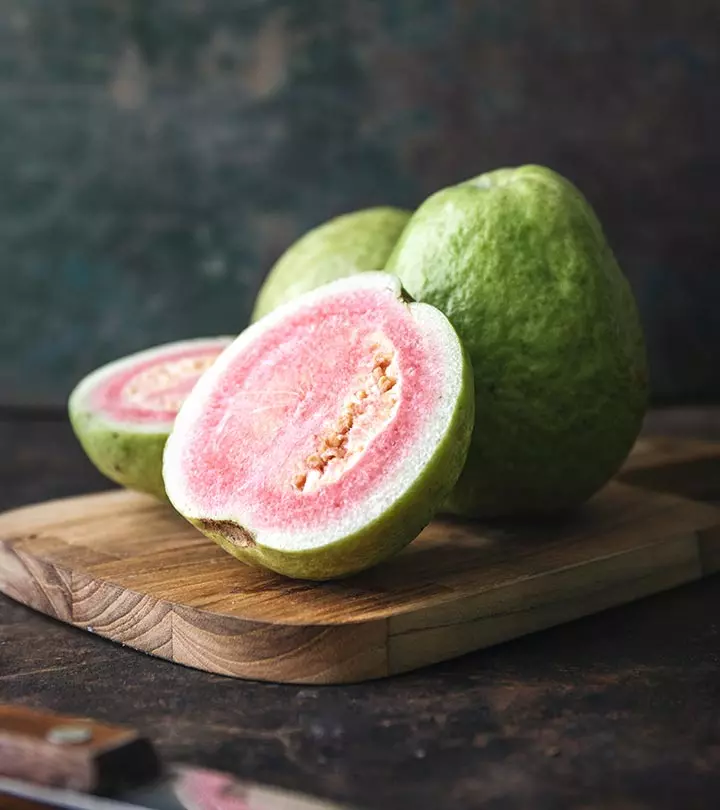

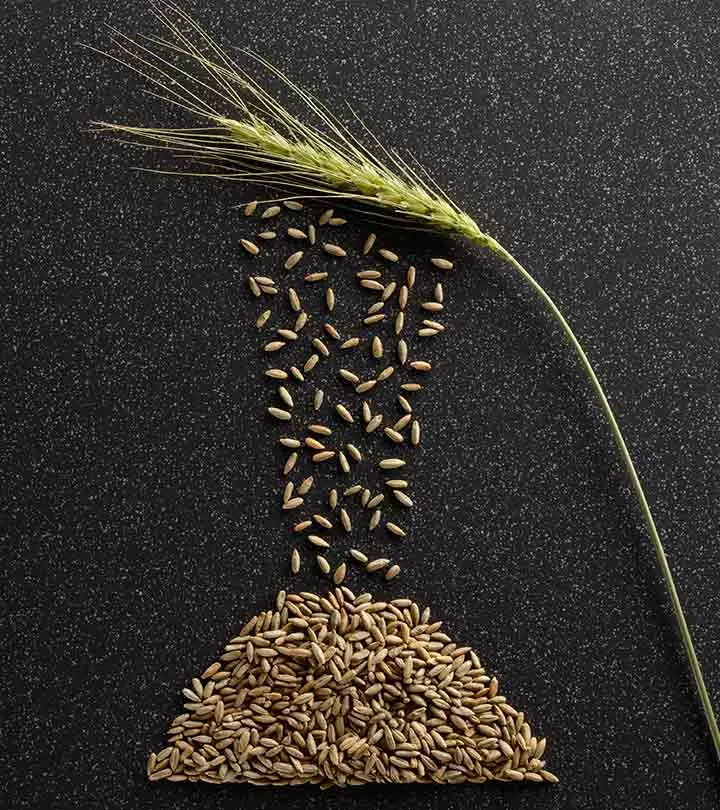
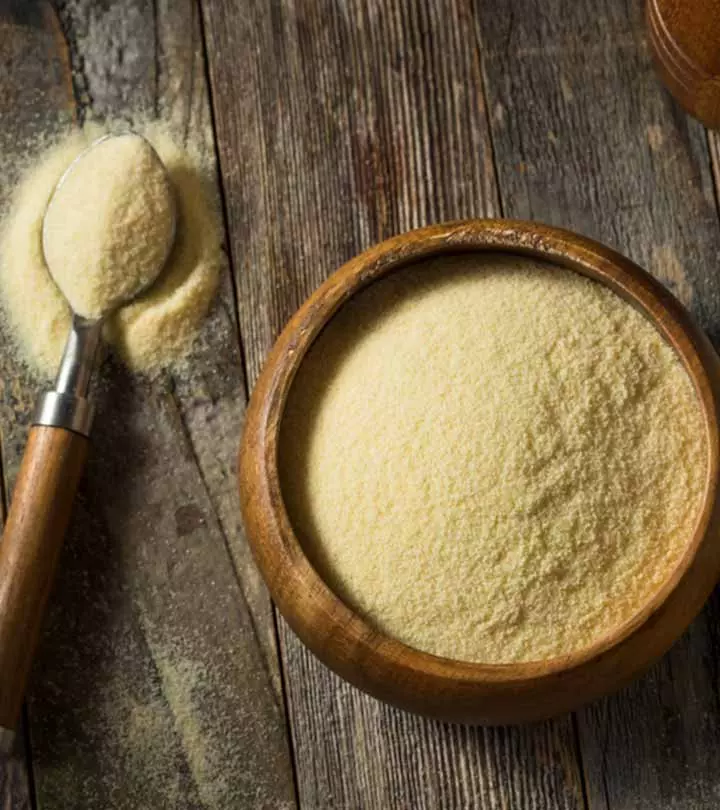

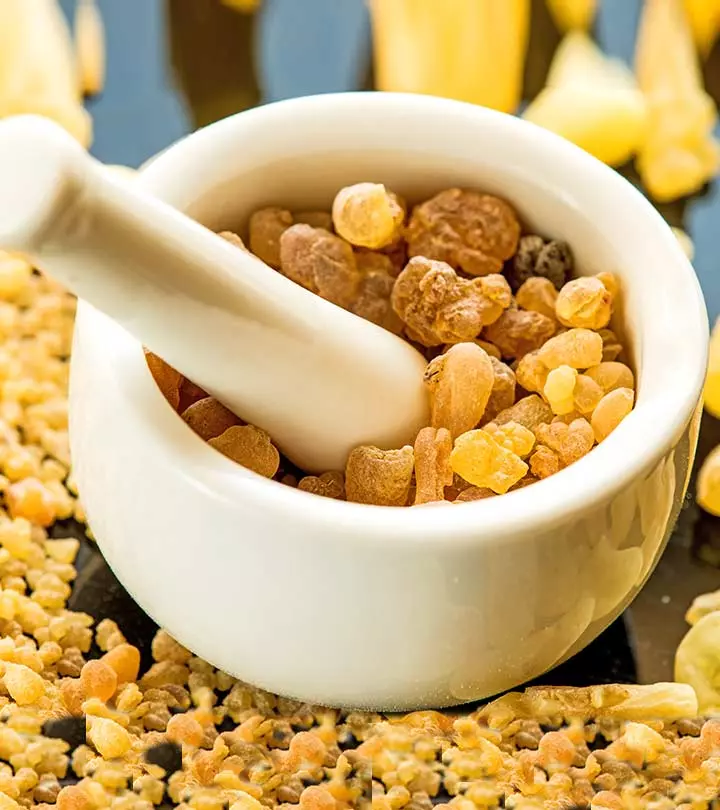
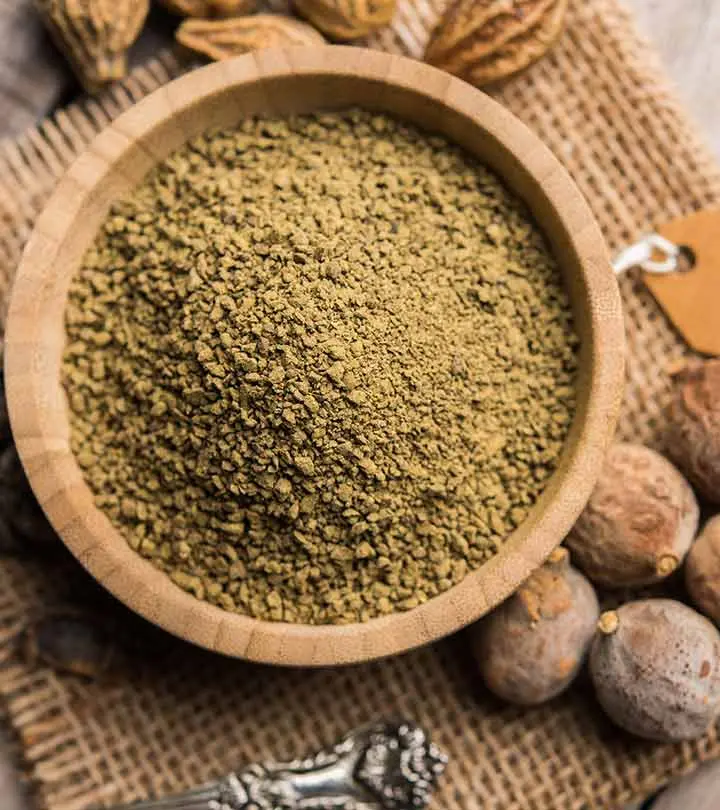
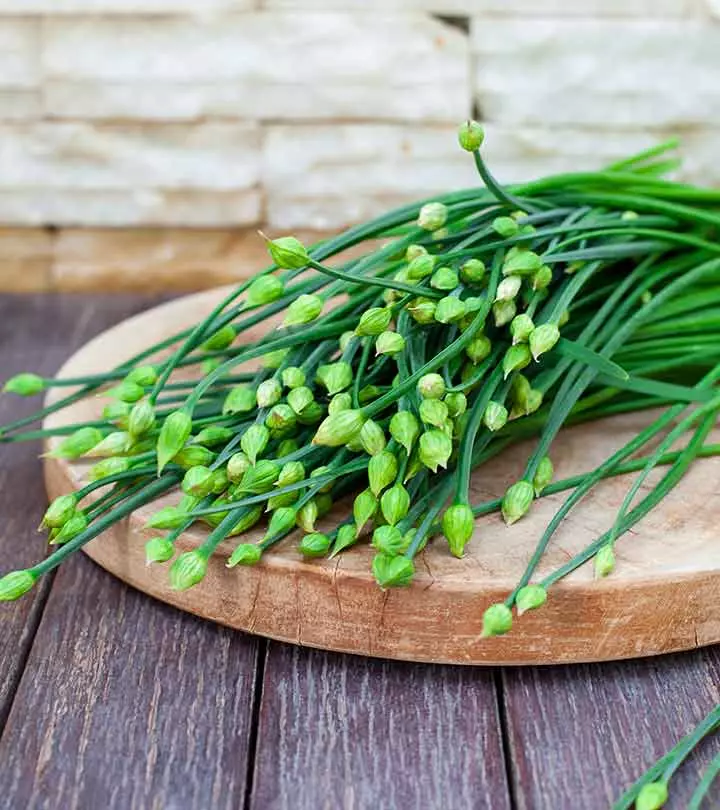
Community Experiences
Join the conversation and become a part of our empowering community! Share your stories, experiences, and insights to connect with other beauty, lifestyle, and health enthusiasts.